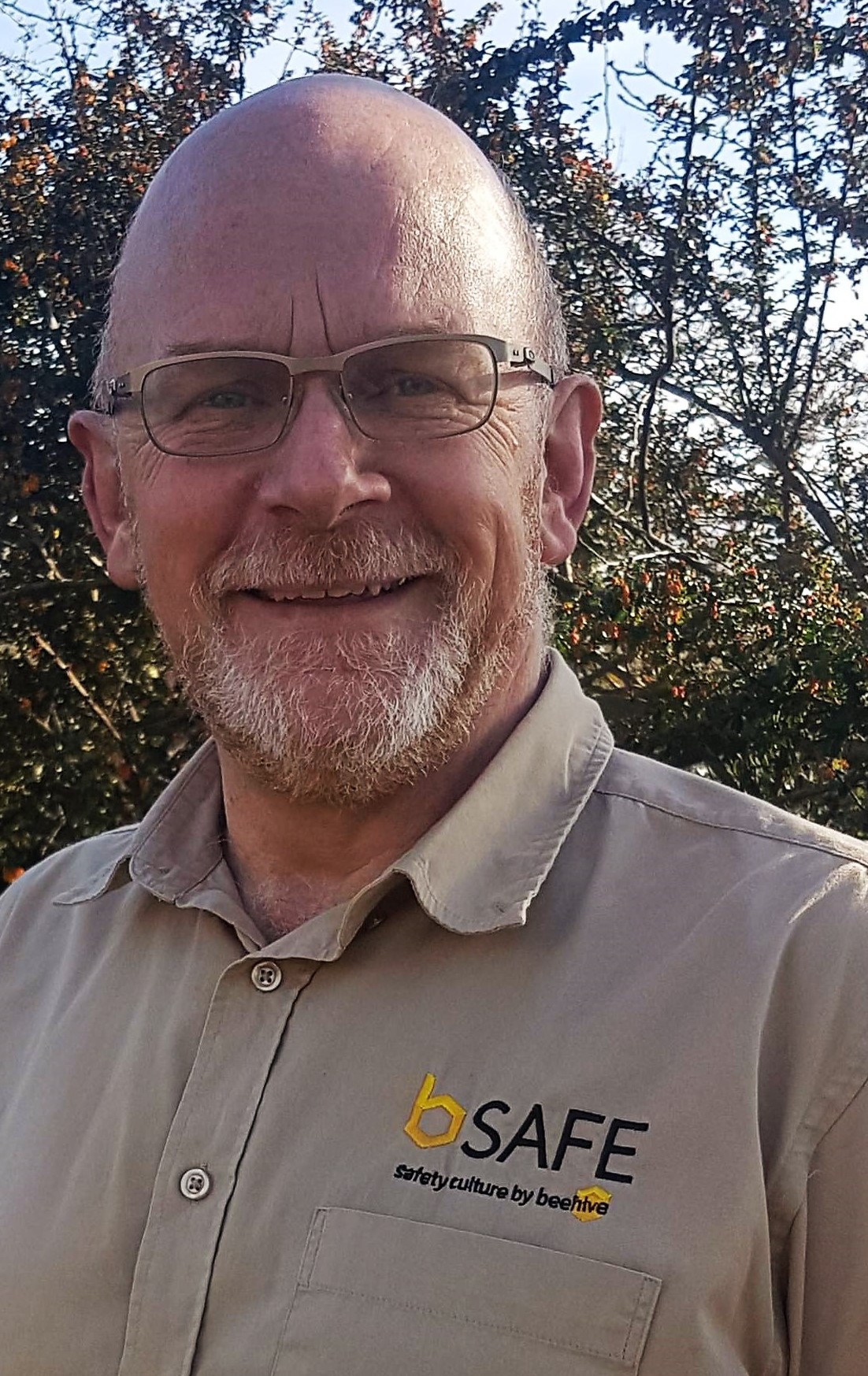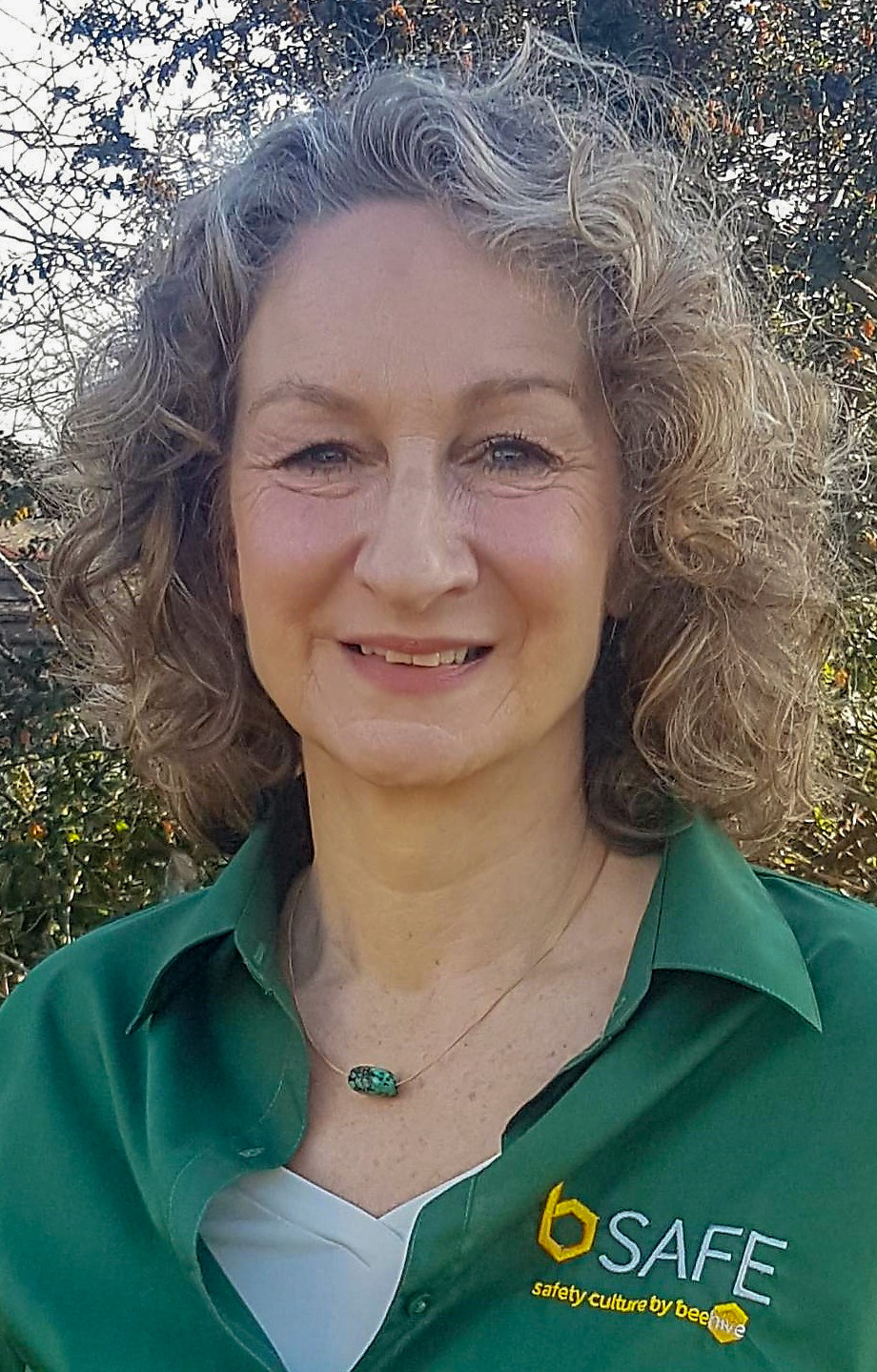 07798866242
07798866242
 07798866242
07798866242
Beehive and our safety culture brand b.SAFE are excited to be in partnership with Brathay Trust to enable us to create a greater impact on safety culture in highly regulated sectors.
It increases our capacity to deliver large scale behavioural and safety culture programmes for clients in high reliability and safety critical sectors. Ambleside-based Brathay has over 70 years’ expertise in people and cultural development which we're combining with our OD experience and expertise in safety education. It extends Brathay's capabilities and Beehive's capacity to deliver. Click here to find out more about b.SAFE@Brathay. See our Youtube video 'A New Safety Training Partnership' for more information, or read Sara's blog 'Transitioning to ISO 45001 - four things you need to know about organisational culture
Due to the current pandemic these events have been suspended for the time being. If you are interested in joining one in the future please contact info@beecld.co.uk.
"To be leaders in safety we need to be experts in people"
Dr Rob Long, Riskex.com
This FREE event is intended to:
Download the latest information here b.SAFE@Brathay Safety Culture Seminar, October 11th 2019.
Using the Bradley Curve Model of safety culture transformation, during the event we show the enormous reductions in accidents and injury rates that have been achieved by the development of safety processes and procedures, regulation and training since the 1950s and 60s, with associated improvements in productivity. We then explore how to achieve the next stages of safety culture – independence and interdependence – which have the lowest levels of associated accident and injury. Importantly, to achieve the next steps in safety culture it is not simply behaviours but how those behaviours change people’s attitudes towards their own accountability, relationships and trust, that will trigger the transformation in safety.
Organisational development consultancies such as Brathay and Beehive are best placed to develop the relational skills and interdependent mindset needed to achieve this step change, and how using the outdoors as a low risk but still safety critical learning environment brings impact and immediacy to behavioural safety training, which the participants will have the chance to test out.
We assert that not all behaviour change is the same. First order change, doing more or less of what is already done (eg wearing a hard hat every time, not just when you think it’s important), is often a matter of raising awareness, reminding people what they’re supposed to have done and why, making it as easy as possible and incentivising it. Second order change is transformational, and requires a change to fundamental values, beliefs and attitudes as well as behaviour. It is strategic, takes time, energy, money, and commitment from the top, and is a process, rather than an event. It also requires a different approach to safety education, one that is focused more on individual and organisational development rather than skills training. We explain why behaviour change initiatives often fail - misdiagnosis of the kind of change required and therefore the kind of interventions needed to achieve it, and too little involvement from the top.
Another stopper to behaviour change discussed during the day is psychological risk. Making significant changes to behaviours, particularly when it comes to challenging, questioning and anything that requires people to ‘stand up and stand out’, involves psychological rather than physical risk; the risk of humiliation, rejection, or bullying, for example. Creating an environment of trust creates a sense of psychological safety, conducive to open reporting and challenge. Beehive will share the results of research into safety culture and in particular building trust they undertook with Bangor University.
All this is particularly timely, with the introduction of the new international safety standard, ISO 45001, which focuses on continuous improvement, ensuring employee engagement and visible leadership in safety programmes, and emphasising the need for safety to be ‘built in’ not ‘bolted on’ to business processes. The systemic approach to organisations, used by OD specialists such as Beehive and Brathay, are positioned as ideal to ensure the integration of safety in every function and at every level. We use our SySTERMS Model and activities to illustrate the connections between different organisational functions, and show why, as Dr Rob Long states:
'Safety is all about people not just process' and why Brathay and Beehive, as experts in people, can help organisations along the road to safety culture transformation.
For more food for thought please go to Sara's blog https://bsafebuzz.com. For more details of the seminar contact mark@beecld.co.uk or call 07798866242
To find out how Brathay enhanced a participant's experience of the b.SAFE D2i Safety leadership Programme, take a look below. The new partnership will build on the experiential approach that both Brathay and Beehive use to develop organisations and people. It also makes the most of our respective links to Cumbria’s West Coast and new developments in North Wales and Deeside. “We’re excited at the prospect of
‘Interdependency - the quality or condition of being interdependent, or mutually reliant on each other (dictionary.com)’
Everyone knows that high performing teams get better results, but not everyone knows that high performing teams create a safer working environment. This was something that DuPont discovered in 2009.
DuPont had noticed inconsistencies in safety records across its sites internationally and so went about investigating why this might be. The results revealed a direct correlation between the safety, productivity and profitability of a group or team with its culture. DuPont needed a consistent way of describing the different kinds of behaviors and mindset found in the different cultures so that the most effective could be replicated across its sites. In order to do this DuPont took Steven Covey’s stages of adult development from his book ‘The Seven Habits of Highly Effective People’ and applied the mindset and behaviors described there to the safety cultures observed in the work place.
Covey differentiates between:
DuPont used these three stages and added another – Reactive - to describe four stages of safety culture, which they then correlated with levels of accidents, injury and defects. The result was a model called ‘The Bradley Curve’.
The shift from independence to interdependence in a team or organisation is a step change, however, requiring different skills, different attitudes and comfort with complexity and ambiguity. Being part of a truly interdependent team is often described as a deeply emotional experience. It’s not something that can be explained in a training room, it’s something that needs to be felt, experienced. And it doesn’t happen by chance, it needs careful development with opportunities for the team to build relationships, ‘storm’ and come back together.
Which is where b.SAFE@Brathay comes in. The new partnership combines Beehive's safety culture research with Brathay's experience of building high performing teams to facilitate exactly this shift for their clients. It's a new approach to safety education.


b.SAFE are running three, one-day behavioural safety workshops at Brathay Trust in Ambleside in November 2017.
A high impact and engaging workshop introducing Human Performance models and tools using experiential learning in the outdoors. Nuclear Industry Standard Training.
A practical introduction to the mindset, skills and tools required to use non-directive coaching in the workplace, and in particular to increase the efficacy of human performance tools. Opportunity to practise task observation and coaching in an experiential learning environment. National Skills Academy Nuclear Endorsed Workshop.
How to unlock the potential of apprentices and help apprentices get the most from their workplace. Including a model of career development, 'The Mentor's Journey' approach and how understanding generations at work and reverse mentoring can support knowledge transfer.
Each day is a standalone workshop though each also builds on the learning from the workshop before. For more details please download a flier here: Transforming Safety Behaviours Info or email info@beecld.co.uk or call 01492 550 960

Interdependency is the safety culture associated with the fewest accidents and injuries and is therefore the safest way of working - (ref research Du Pont Bradley Curve).Trust is the key interpersonal component of Interdependency - (ref Beehive/Bangor University research).
Trust is an attitude. To increase trust and therefore interdependency it is necessary to demonstrate you are worthy of trust by displaying trustworthy behaviours - (ref Beehive/Bangor research &Trustworthiness Elements)
If you demonstrate trustworthiness through the five principles, others are invited to reciprocate and therefore trust and interdependency builds. The five Principles are:
The D2iP b.SAFE Safety Leadership Programme is designed to introduce the five principles of trustworthy behaviour and trustworthy leadership within the organisation.
| ‘Human Performance Fundamentals’ One-day | £299 plus VAT |
| ‘Coaching for Safety’ One-day | £299 plus VAT |
| ‘Mentoring Apprentices’ One-day | £299 plus VAT |
| Two of the above workshops | £549 plus VAT |
| All three workshops | £749 plus VAT |
| Dinner B&B at Brathay | £85 per night |
For more information or to book contact info@beecld.co.uk or call 01492 550 960
Beehive Coaching and Leadership Development Ltd